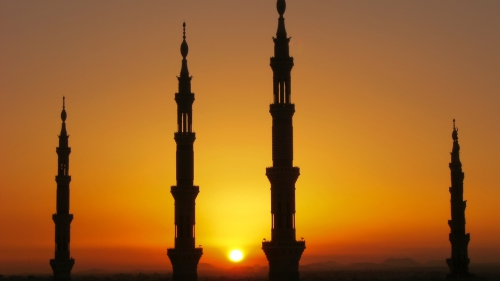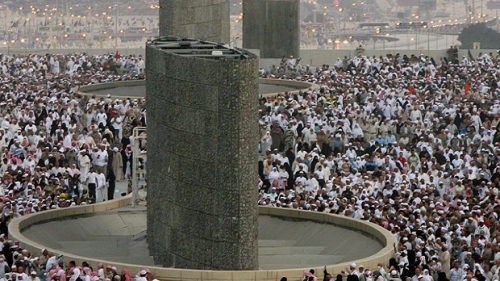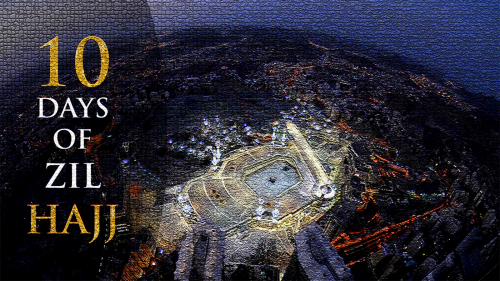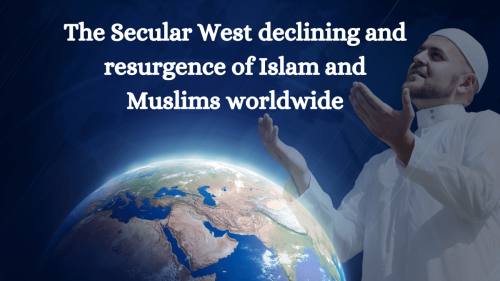Sharia for Taliban or Humanity
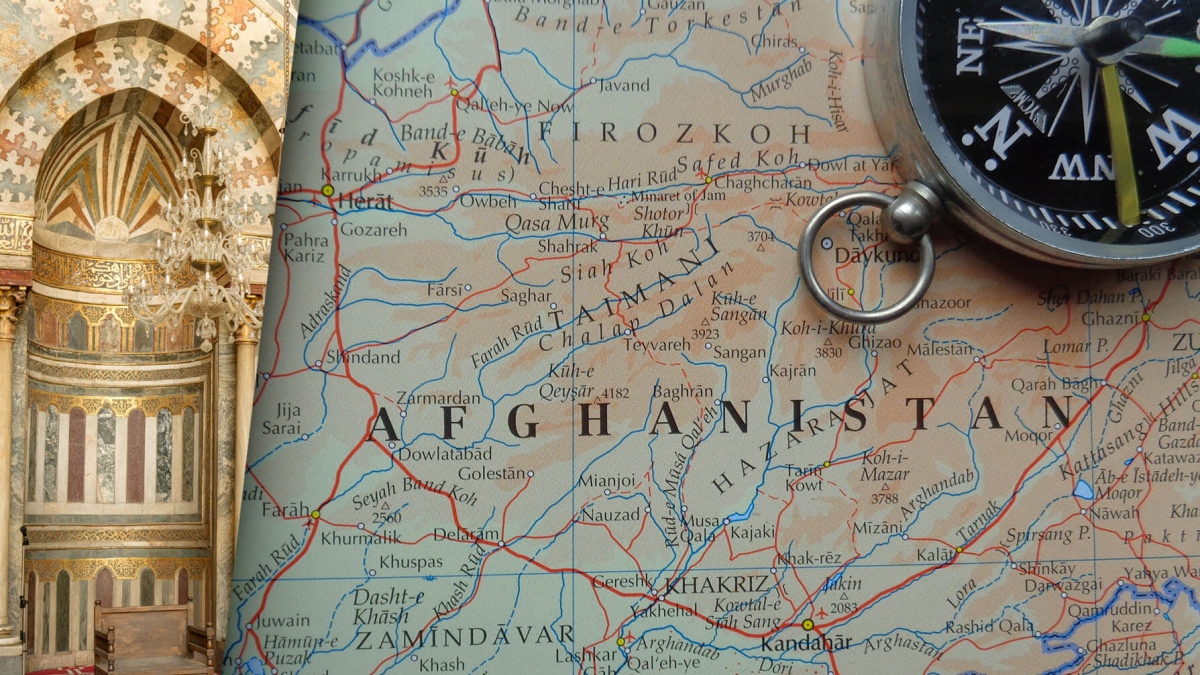
Based on previous Taliban rule, people generally view the Taliban's return to power in Afghanistan as a bad omen for women and minorities. President Biden expressed that concern in his address to the nation, echoing the sentiments of women's groups worldwide, including Afghani women.
However, so far, the Taliban have not given any policy statement that substantiates the expressed fears. On the contrary, after meeting the Taliban leaders, Afghan female health workers returned reassured of non-interference in their work.
In a press conference, a Taliban spokesperson promised freedom to the media, women, and minorities within the framework of Sharia.
Sharia has different connotations and interpretations for various Muslim schools of thought. “Shariah,” literally, means “the path to water.” In religious terms, Sharia means “the righteous path.” The Quran reminds us that righteousness is not about focussing on rituals like turning our faces towards the East or West (Quran 2:177). Sharia has its roots in divine guidance for all humanity regardless of belief.
The founding principles are:
1. Respect for human life and dignity of all, including non-believers, without any discrimination based on gender, status, race, ethnicity, and creed.
2. Respect for the freedom of choice, as long as it does not violate the principle of the common good.
3. Respect for the right of people to have their privacy and right to religious belief or no belief.
4. Respect for the right of people to earn their livelihood in a dignified manner, with opportunities open to all.
5. Respect for the right to dissent peacefully.
6. Respect for the right of people to have equal access to human resources, with provisions to prevent exploitation and monopolization.
7. Respect for the right to have education for all.
8. Respect for the right to have fundamental necessities of life, i.e., home, food, and clothes.
9. Respect for the right to be treated equally in the eyes of the law.
10. Respect for move freely, fearlessly, and independently.
These are Sharia ideals and are hard to find in the constitution and practices in the 56 Muslim majority countries. Moreover, they are not present in most Muslim polities because Islamic scholarship has remained confined to a narrowly defined understanding of the faith that revolves around Muslims only.
Muslims have to realize that they are 20 percent of the world population and cannot dictate their ideals of society upon others through coercion. Additionally, Muslim jurisprudence has focused on rituals ignoring the message that highlights research, exploration, development, and well-being.
To expect the Taliban to implement the Sharia ideals in totality, especially when there is no consensus on the definition of the term, is unrealistic. However, there are specific baby steps the new Afghan rulers can adopt.
A constitution that reflects the Sharia ideals is a must. Therefore, a diverse group of people with the expertise to interpret and implement it is a natural next step.
The Taliban have shown they have the will and expertise to fight. But do they have the experience and capacity to run the affairs of a people? In running people's matters, the biggest struggle is to fight one's own biases, hatred, and prejudices to preserve the common good. The divine guidance according to the spirit of the Quran is that if you are just and useful to people, you will survive and grow. Otherwise, the recorded human history is the testimony of the fall of the mightiest empires.
The Sharia is thicker than beards and hijab. If the Taliban remain focused on these issues, they will keep the country depressed with theological corruption as the previous rulers did with financial corruption.
Topics: Afghanistan, Humanity, Islamic Law (Sharia), Taliban
Views: 3152
Related Suggestions









